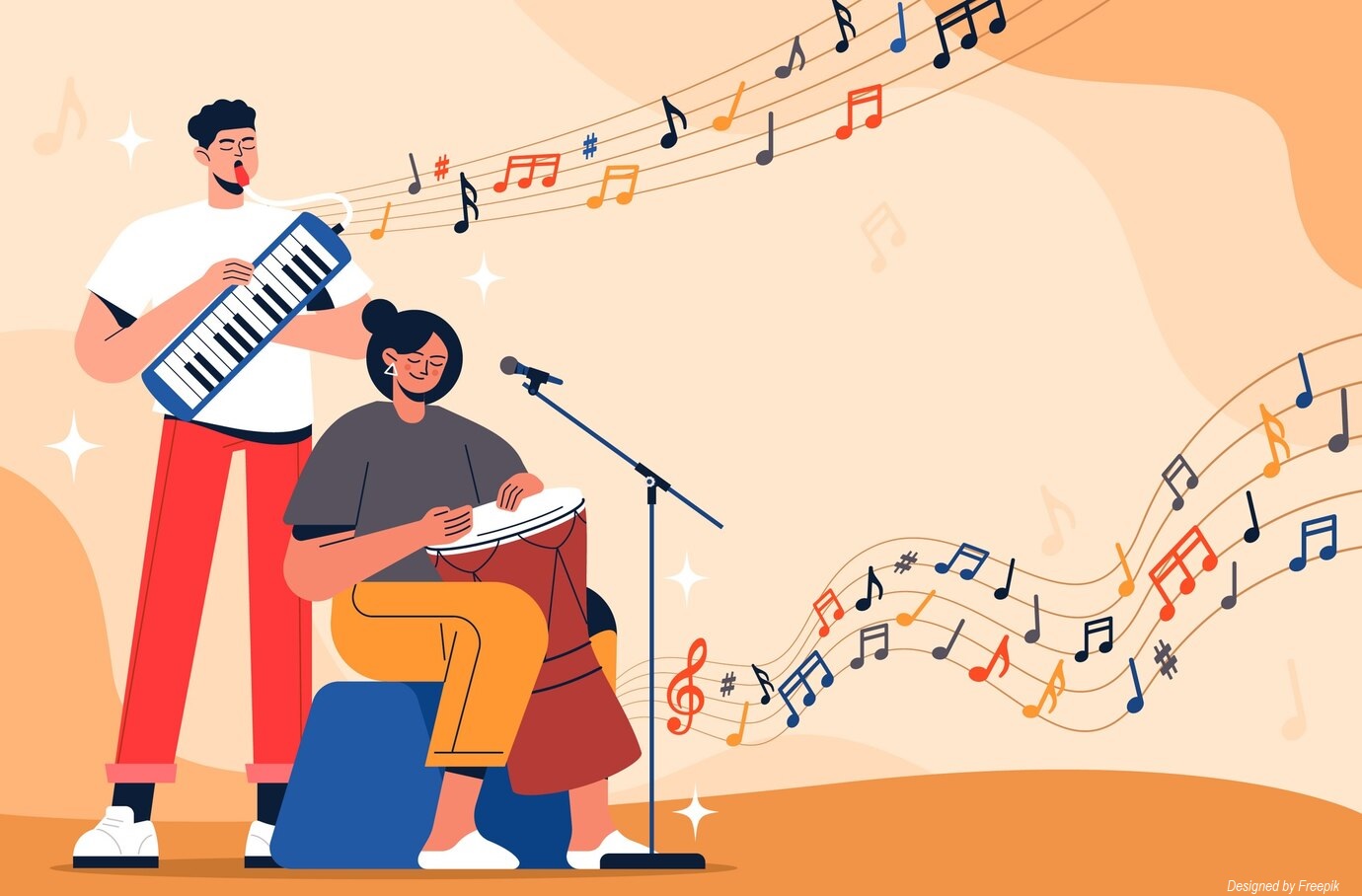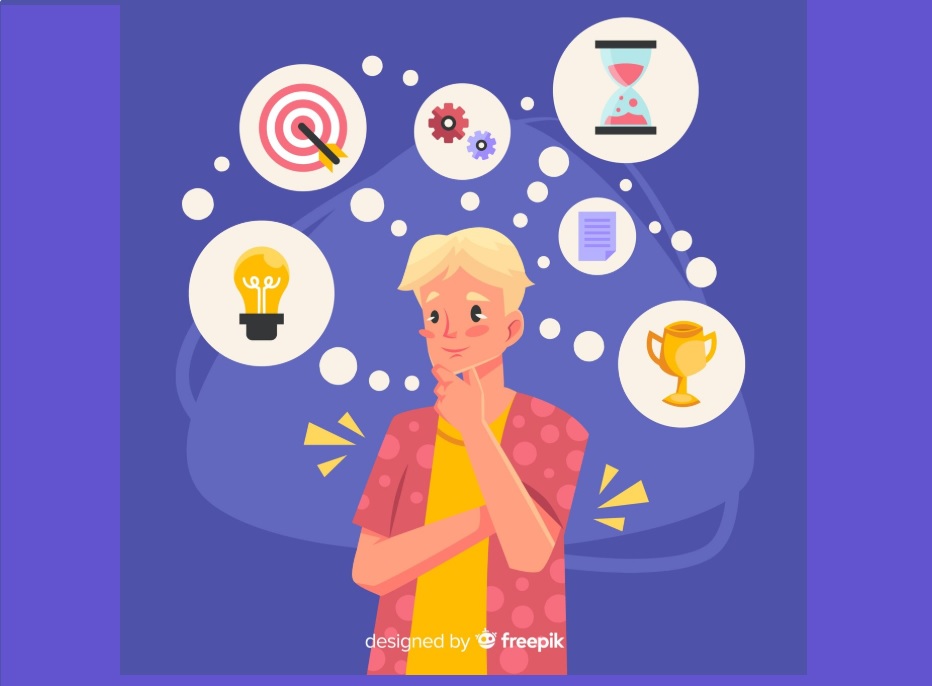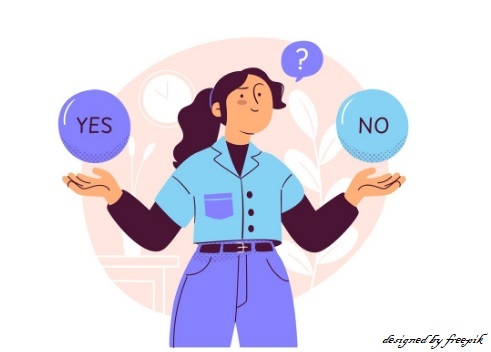
The relationship between music and memory is powerful. Music evokes powerful emotions that then bring back memories. When we listen to a piece of music from years ago, we seem to travel back to that moment. We can feel everything as if we were there.
Our long-term memory can be divided into two distinct types, namely implicit memory and explicit memory. Explicit memory is a deliberate, conscious remembering of the past. Explicit memory involves things like textbook learning or experiential memories, things that must be consciously brought into awareness.
Implicit memories are our unconscious and automatic memories. For example, playing a musical instrument, or recalling the words to a song when someone sings the first few words. A large part of memory takes place in the unconscious mind.
Explicit memory fades in the absence of recall, while implicit memory is more enduring and may last a lifetime even in the absence of further practice. The explicit memory systems become damaged by conditions such as Alzheimer’s disease.
I remember my parent’s irritation in their faces, such as a broken mirror! Once upon a time, we have been getting crazy while listening to our idols’ sounds. In my case, sometime during the 1960s and 1970s.
I felt “satisfaction” while listening to the Rolling Stones or dancing to the Beatles. I had hectic dreams together with Pink Floyd or couldn’t hold myself with “Da-da-da_ and its then “German New Wave which swapped to the world later on – yes, even up to the Philippines.
Today, we are the parents of the younger generation again. Is there diplomatic space for any discussions? What’s the music up nowadays?
Rap or house? Or something like this? Noise, din, row, racket, fuss, or damage to my (?) musical paintwork?
I remember harmonic accords with flutes and my accordion. Later myself at the piano … .
Two generations, even three meanwhile. Let’s strike the right one – no matter which generation we belong to.
Shahram Heshmat, Ph.D., an associate professor emeritus at the University of Illinois at Springfield with a Ph.D. in Managerial Economics from Rensselaer Polytechnic Institute, describes it as follows: ” In sum, music can help to unlock non-musical memories and promote communication in older adults with Alzheimer’s disease. Recalling a memory is not always easy. It doesn’t simply come when you want to retrieve it. However, music helps to recall all the memories that you’ve connected with a song. Listening to a piece of music that was played a lot during a significant life event, such as a wedding or funeral, can trigger a deeply nostalgic emotional experience”.
+++
Email: doringklaus@gmail.com or follow me on Facebook or LinkedIn or visit www.germanexpatinthephilippines.blogspot.com or www.klausdoringsclassicalmusic.blogspot.com.





